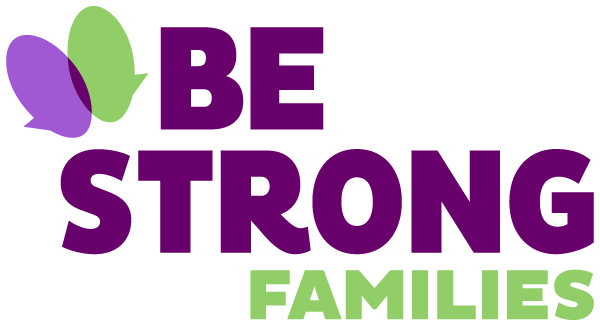Utilizing Writing for Healing Trauma and Liberation
On Tuesday, October 13, Ahmad Abojaradeh (they/them) of Life in My Days joined us for the first of a 6-session, bi-weekly webinar series on the decolonization of wellbeing. In this webinar, the topic was how we can utilize writing to heal trauma and find liberation. The resulting conversations and experiences led webinar attendees on a journey of self-reflection that encouraged peer-learning, personal growth, and using writing as a tool for self-discovery.
Ahmad began the webinar by asking webinar attendees what trauma meant to them. If we met someone who didn’t know the term, how would we describe it? Ahmad then offered that what they find to be the most helpful definition of trauma is that it's simply a distressing event.
Ahmad has extensive experience with and has taught many workshops on using writing methods that assist with healing trauma. They described several variations: writing three pages every morning in a stream of consciousness, free writing and then reciprocally sharing with a friend, writing to explore traumatic events from every vantage point: as the victim, as the perpetrator, as the witness, as the friend—and every aspect of the event. By writing from different perspectives, we can explore a real or imagined broader context of the distressing event and alternative ways of conceptualizing it. We don't just reinforce the narrative we know, we allow the box of shame that traps the event in our psyche to open and the painful energy to dissipate. Writing this way leads not only to healing, but to liberation: feeling emotionally free from the control traumatic events can have over our lives.
Talking about writing is one thing, but for webinar attendees to truly experience writing’s healing properties, Ahmad led attendees in a writing exercise. They gave us a prompt and encouraged us to spend 60 seconds writing down anything that came to mind around that prompt. Ahmad wanted attendees to understand that as one writes, different thoughts are going to come to mind. Instead of resisting those thoughts, Ahmad asked us to write them down and follow where our mind wanted to go, even if this meant moving away from the prompt.
How do you identify? What would you tell your 6-year-old self about the things you love about yourself now? Where do you find peace? These were a few of the prompts we wrote about, and afterwards, we shared takeaways from the writing exercise. The results were overwhelmingly positive. Try this exercise for yourself, and to see where your subconscious takes you when writing. If you want to check out more of Ahmad’s work, you can visit their nonprofit website.
If you missed this webinar, you can access the full recording here. Join us for future webinars whenever your schedule allows. If you or your colleagues would like to host a webinar with us, contact us at COVID-19@bestrongfamilies.net.
